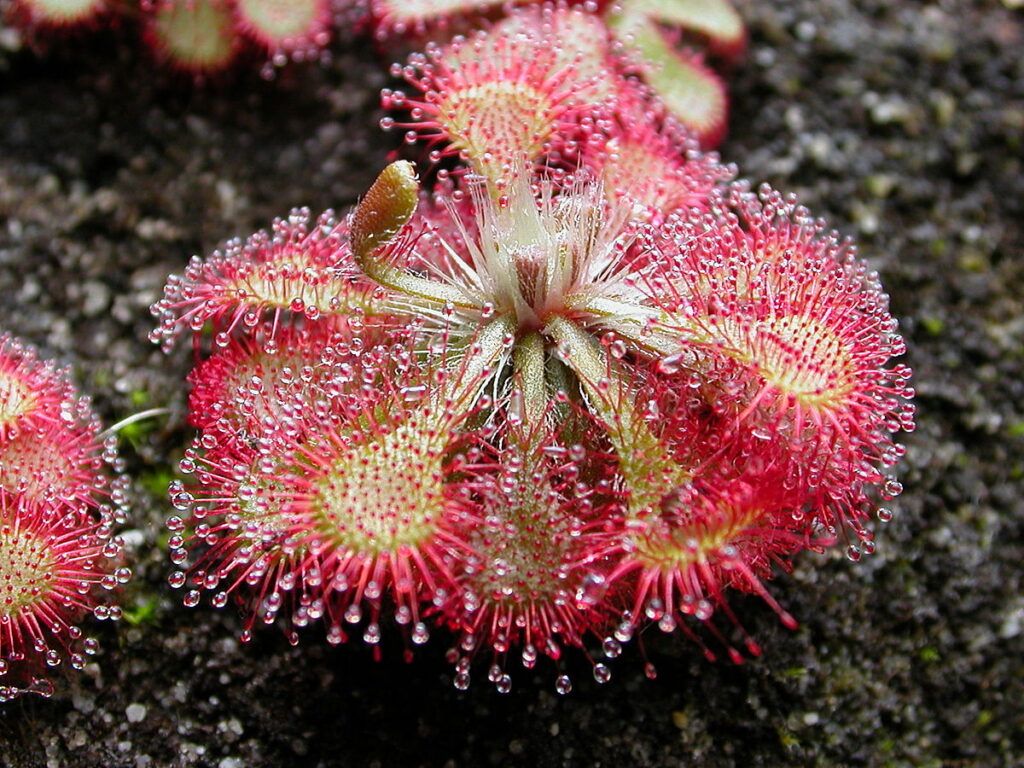After nearly 40 years of dedicated effort, the Flow Country of Caithness and Sutherland in northern Scotland has been awarded world heritage status. This recognition highlights the significance of this expansive and relatively unknown landscape, covering almost 2,000 square kilometers (469,500 acres) of one of the world’s most pristine and extensive blanket bog systems.
Blanket bogs are unique wetland ecosystems formed by peat, a type of soil made from partially decayed organic matter that accumulates in waterlogged conditions. Achieving world heritage status is a prestigious honor, typically reserved for places of exceptional cultural, historical, or scientific importance. The Flow Country now joins this elite group, becoming one of only 121 landscapes worldwide to receive this designation.

Rebecca Tanner, who led the project to secure this recognition, expressed her delight. “This is just the start of the story. The real work begins now, working with the local community to realize the benefits of World Heritage status and protect the Flow Country for generations to come,” she said.
The award, granted by Unesco—a UN organization dedicated to promoting cooperation in education and science—places the Flow Country in the same category as the UK’s Jurassic Coast in Dorset and the Giant’s Causeway in Northern Ireland.
The Flow Country is a diverse landscape that includes not just peatlands and bogs, but also pools, lochs, hills, and mountains, encompassing a total of 4,000 square kilometers. This region is a haven for a wide array of species, including numerous sphagnum mosses and other wetland plants. It is also home to various insects and rare birds such as greenshank, golden plover, dunlin, and hen harrier. Additionally, otters, water voles, and sundews—a type of carnivorous plant that traps and digests insects—thrive in this habitat.
The significance of the Flow Country extends beyond its biodiversity. The area plays a crucial role in combating climate change due to its substantial peat deposits, which have been accumulating since the last ice age, around 10,000 years ago. These peatlands store vast amounts of carbon, estimated at up to 400 million tonnes—double the carbon stored in all of Britain’s woodlands. In some places, the peat is up to 10 meters thick, enough to submerge two double-decker buses stacked on top of each other.
Peatlands are vital carbon sinks because the acidic, waterlogged conditions slow the decomposition of plant material, allowing carbon to be stored for millennia.
The Flow Country also boasts historical significance, with evidence of human activity dating back thousands of years. This recognition by Unesco not only honors the area’s ecological and historical importance but also ensures that efforts will continue to preserve this unique landscape for future generations.
With this new status, the Flow Country will benefit from increased conservation efforts and greater awareness, helping to protect its delicate ecosystem and rich biodiversity. This achievement marks a significant milestone in the ongoing campaign to safeguard one of Scotland’s most remarkable natural treasures.

